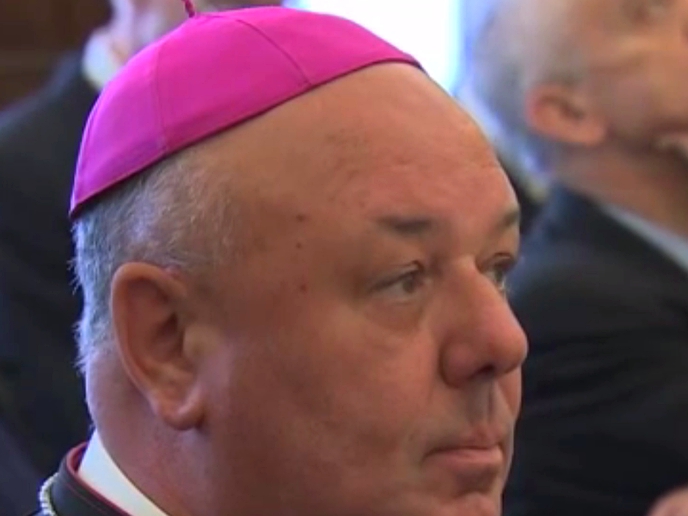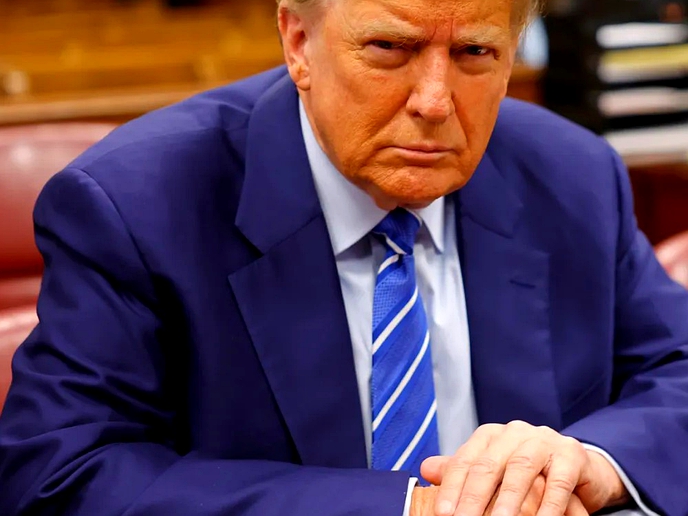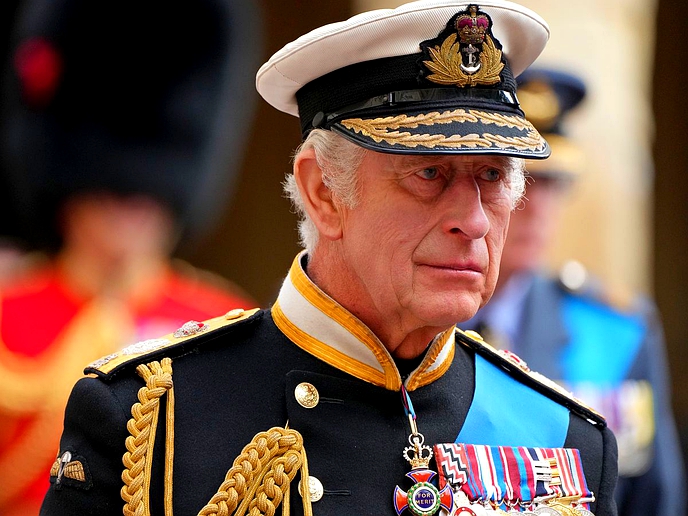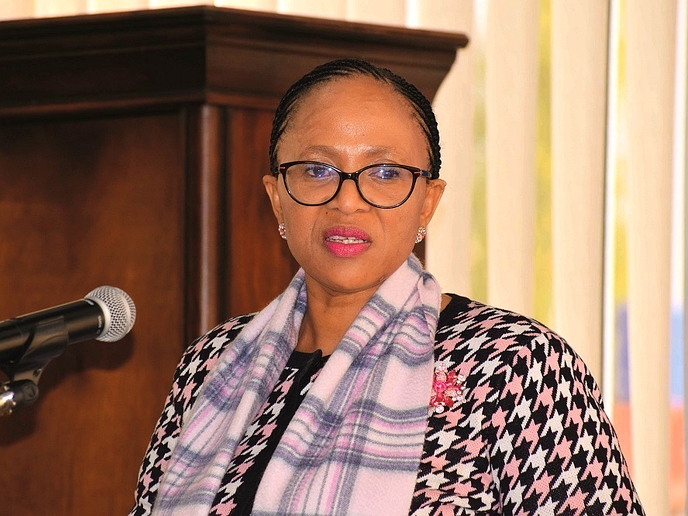CHINESE President Xi Jinping is on his way to Moscow, on a “voyage of friendship, cooperation and peace”, weeks after Beijing unveiled a 12-point position paper, calling for a ceasefire in the Russia-Ukraine war and days after it mediated a surprise rapprochement between longtime Middle East foes, Saudi Arabia and Iran.
world
March 20, 2023
ALJAZEERA
4 min read
Will Xi-Putin summit deliver a breakthrough on Ukraine war?
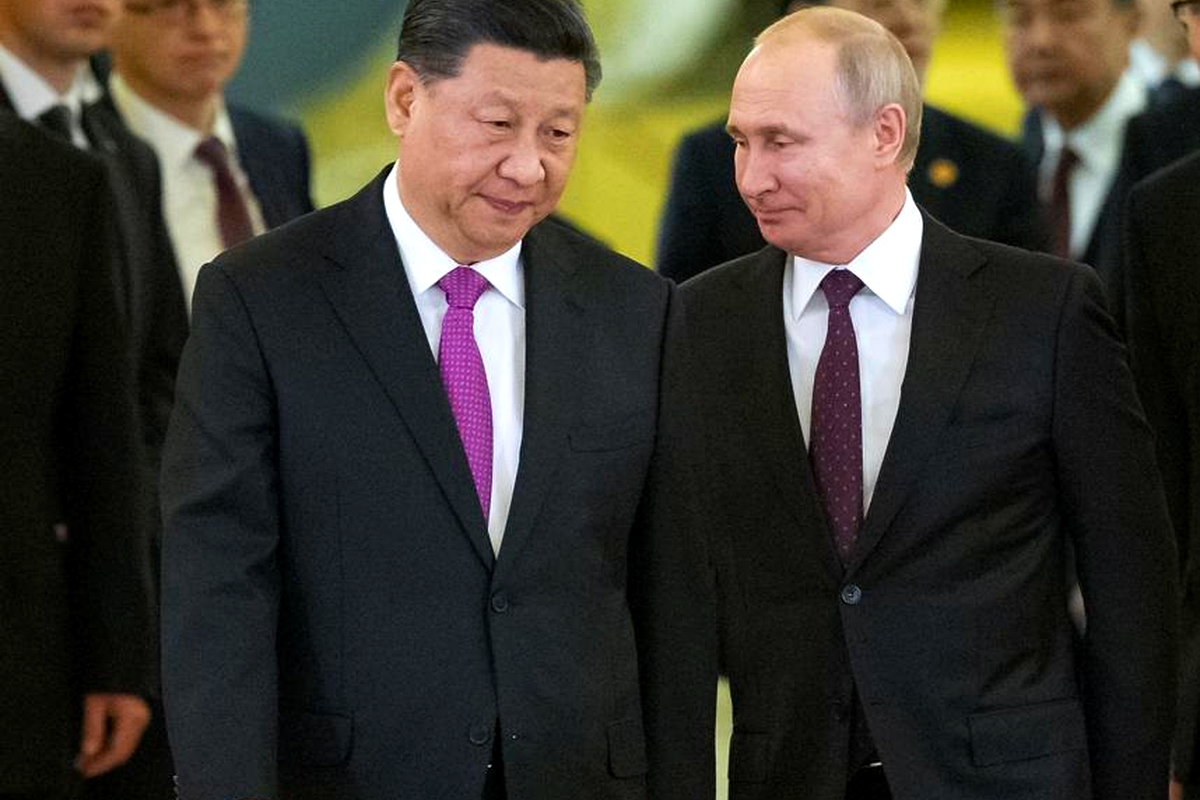
Chinese President Xi Jinping and his Russian counterpart, Vladimir Putin
Story highlights
Xi’s three-day visit, which begins on Monday, will feature one-on-one talks with Russian President Vladimir Putin, a man the Chinese leader has described as his “best friend” and who is now wanted by the International Criminal Court on war crimes accusations.
The summit in Moscow will be the 40th meeting between the two men.
The visit by Xi – who was recently reappointed as China’s leader for an unprecedented third term and who is seeking a greater role for Beijing on the world stage – has raised hopes in some quarters of a breakthrough in ending the war in Ukraine. The conflict, now in its second year, has claimed tens of thousands of lives, forced millions from their homes, and caused widespread economic pain, with inflation soaring across the globe and goods such as grain, fertiliser, and energy in short supply.
The hopes have been kindled not only by Beijing’s mediation in the Saudi-Iran détente and its proposal for a truce and dialogue between Moscow and Kyiv, but also by media reports that Xi intends to follow on his summit with Putin with a virtual meeting with Ukrainian President Volodymyr Zelenskyy.
If it takes place, the conversation will be Xi and Zelenskyy’s first since Russian tanks rolled across Ukraine’s border in February of last year.
However, most observers say Xi’s state visit is more about cementing the “no limits” partnership that he announced with Putin last year than about brokering peace in Ukraine. For starters, because neither of the warring parties appears ready or willing to end the fighting.
“Unless and until Russia and Ukraine have exhausted their will to continue fighting and are looking for off-ramps for this conflict, it is not possible to end it,” said Bonnie Glaser, director of the Asia Program at the German Marshall Fund of the United States. “And I don’t think that China wants to get in the middle of it.”
China’s 12-point paper on Ukraine, Glaser said, was a summary of its positions and not a “peace plan”, especially as it did not outline any specific area where Beijing was willing to play a more active role.
Indeed, the paper – unveiled on the anniversary of the war – reflects China’s ambiguous stance on the conflict. While the document supports Ukraine’s sovereignty and calls for the war’s swift resolution, it lays the blame for the crisis on what it calls a “Cold War mentality”, that is NATO’s expansion eastwards and the West’s disregard for Russia’s security concerns. It also condemns the West’s “unilateral sanctions” against Russia, despite Beijing mostly having adhered to the measures over the past year.
The paper contains a whole paragraph on the need for humanitarian assistance, but where is China in providing this aid?” Glaser said. “So, it’s not a peace plan and China is not playing the role of peacemaker.”
She went on to add that the Saudi-Iran agreement – which ended seven years of estrangement and challenged the US’s longstanding role as the main power broker in the Middle East – did not mean that China was now going to emerge as a major mediator for global disputes.
Enjoy our daily newsletter from today
Access exclusive newsletters, along with previews of new media releases.
“The lesson of the Saudi-Iran deal is that China is very well attuned to opportunity,” Glaser said. “It became increasingly clear that Saudi Arabia and Iran were looking for a way to begun to improve their relationship. And China seized that opportunity to help bring that across the finish line.”
And for the Russia-Ukraine war, that “moment has not yet arrived”, she added.
Still, the conflict is likely to feature high on Xi’s agenda.
Writing in the Russian newspaper Rossiiskaya Gazeta, a daily published by the Russian government, Xi on Monday called for a “rational way” out of the Ukraine conflict and said China’s position paper “serves as a constructive factor in neutralising the consequences of the crisis and promoting a political settlement”.
China – despite Western scepticism about its ability to be an honest broker – appears in a better position than most countries to play mediator in the war.
China is Russia’s most important ally, after all.
And while it has adhered to Western sanctions and refrained from coming to Moscow’s military aid, it has kept up normal trade ties, replacing Germany as the largest importer of Russian oil last year. Bilateral trade in non-sanctioned sectors has also ballooned, reaching a record-breaking $190bn last year.
The two neighbours – who share a long border – have also kept up the pace of their joint military exercises, holding large-scale naval drills in the East China Sea in late December. They also held joint drills with South Africa in February and Iran earlier this month. - Aljazeera
Tailored for you



